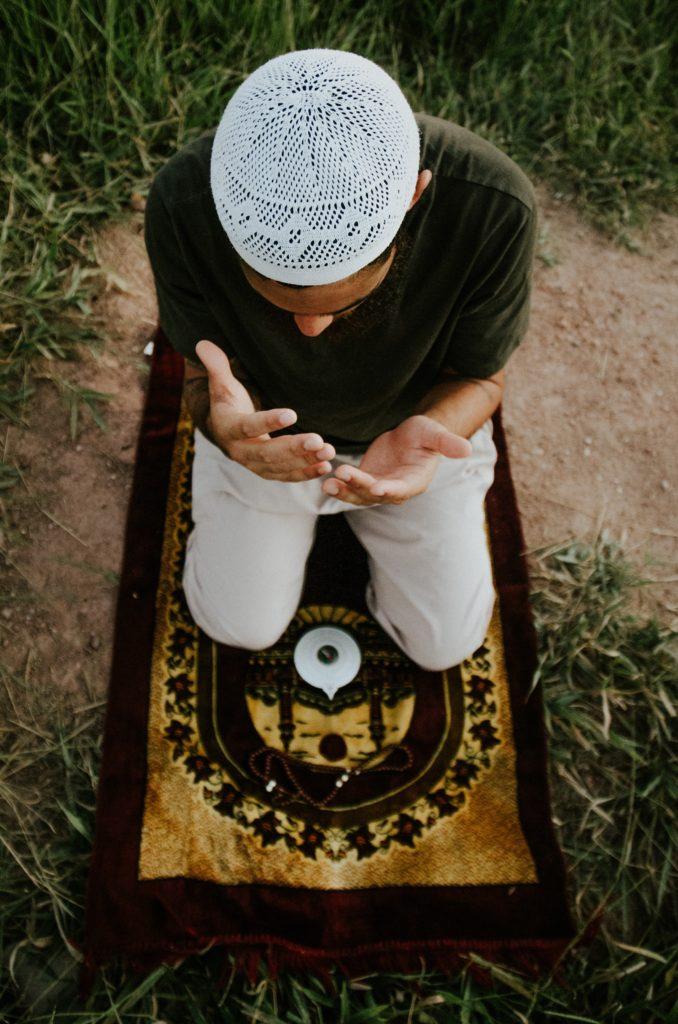
Ramadan is the month of conquests, when Muslims have been blessed with numerous historic victories: there was the Battle of Badr (Ramadan 17, 3 AH), when a miniscule, ill-equipped Muslim force defeated a 1000-strong contingent of Arabia’s haughtiest warriors; there was the Conquest of Makkah (Ramadan 20/22, 8 AH), when the Muslims peacefully took charge of the city that had once mercilessly hounded them out.
Some years later, Muthanna bin Harithah and Abdullah al-Bajily defeated the Persian leader Mahran in the Battle of Buwayb, conquering the lands between the Tigris and Euphrates (Ramadan, 13 AH); and an important peace treaty was signed after the ruler of Egypt, Abdullah bin Abi as-Sarh defeated the king of the Nubians (who had broken an earlier peace pact) leading to the spread of Islam in eastern Africa (Ramadan, 31 AH).
Much later, there were other battles: Tariq bin Ziyad literally burnt his boats at Gibraltar (Jabal-al-Tariq, the Mountain of Tariq), urging his forces on with the words: “Where would you flee? Behind you is the sea, before you, the enemy. You are left now with only the hope of your courage and your constancy,” which eventually led to the opening of al-Andalus (Ramadan 92, AH).
Salahuddin al-Ayyubi drove the Crusaders out of the lands they had occupied in and around Syria (Ramadan, 582 AH); the Egyptian ruler, Saifuddin Qutuz, stemmed the tide of the ravaging Mongols, taking off his helmet in the heat of battle and urging his army to victory in the second Battle of ‘Ayn Jalut (15 Ramadhan, 658 AH); and Abu’l Futuh, Rukn al-Din Baibars al-Bunduqdari, opened the city of Antioch (14 Ramadhan, 1260 CE) to the Muslim victory.
What is inspiring and uplifting about these conquests is that the Muslims rose above their selves – ignoring their disadvantages in the face of a stronger enemy and their mutual differences – in serving a higher cause. And what is heartening is that we all have the faculties to defeat an ever-present enemy: the desires and evil whispers of our self, which, according to the Prophet ﷺ, is a bigger victory than gaining advantage over an enemy at war.
Imam Ibn al-Qayyim al-Jawziyyah writes:
“The most compulsory form of struggle is the struggle against the nafs; against unbridled passions (hawa); against the shaytan; and against being worldly (dunya). Those who struggle against these four, in obedience to Allah, shall be guided by Allah to the paths of His good pleasure which, [in turn], will lead to His Paradise. Those who neglect this struggle will be veiled from guidance to the extent that they not only forsake the struggle, but they also overlook the need for it.”
Today, even as we remind ourselves of the glories of our past, we remain preoccupied with serving and gratifying our Self, so that we barely have the time and energy to devote to any other cause.
Today, our days are for earning money, our nights are for spending it; our free time is for indulging ourselves and our families, our interests lie in broadening our avenues of self-indulgence – and our pattern of behavior does not change much in Ramadan either.
In the book 30 Lessons for Those Who Fast, the author writes:
“Perhaps the greatest benefit that accrues to a Muslim in this blessed month [Ramadan] is his repentance, his return to Allah, and his evaluation of self and personal history. The door of repentance is opened, the grace of your Lord is guaranteed, His favor comes and goes; but where are those who repent and seek forgiveness?”
“Perhaps the greatest benefit that accrues to a Muslim in this blessed month [Ramadan] is his repentance, his return to Allah, and his evaluation of self and personal history.”
In Jihad al-Nafs: The Greater Struggle, the author writes:
“The Qur’an describes the human soul (nafs), as having three conditions or potentials which are present within it simultaneously: The first, or lowest, of these is referred nafs al-ammara bi as-suu’ (the soul that constantly incites to evil) which is the abode of a multitude of incessant cravings and desires: be it for wealth, fame, power, physical gratification, exploitation of others – in short, anything that deflects one away from Allah and towards the lower, bestial possibilities of the human condition.
As a believer purges his soul of blameworthy traits and seeks to replace them with their praiseworthy opposites, the soul that incites to evil is gradually trained and tamed and begins to give way to the nafs al-lawwāma (the reproachful soul).
This soul is man’s active conscience which is afflicted with regret, remorse and self-reproach whenever the Divine Will is disobeyed and elements of the lower soul are resurfaced.
After much inner labour and discipline, the reproachful soul is further purified of any opposition to Allah’s Will and Sacred Law and is ever receptive to the outpourings of Heaven. Here the nafs al-mutma’inna (the soul at peace, or tranquil soul) then begins to predominate.
In all this, four factors are crucial in a person’s seeking to purify his soul: innate or inborn disposition; upbringing; spiritual striving (mujāhada) and self-discipline (riyādha) in adulthood; and of course, Allah’s tawfeeq, or enabling grace.”
As we pray for sincere repentance in these Days of Forgiveness, may Allah grant us victory against the two main causes that impede our path:
- The proud self, which finds it difficult to humble itself before the Lord of the Worlds and towards the people it has wronged.
- The deluded self, which either remains unaware of the sins it commits on a daily basis or belittles them and considers them too small to warrant punishment in the Hereafter.

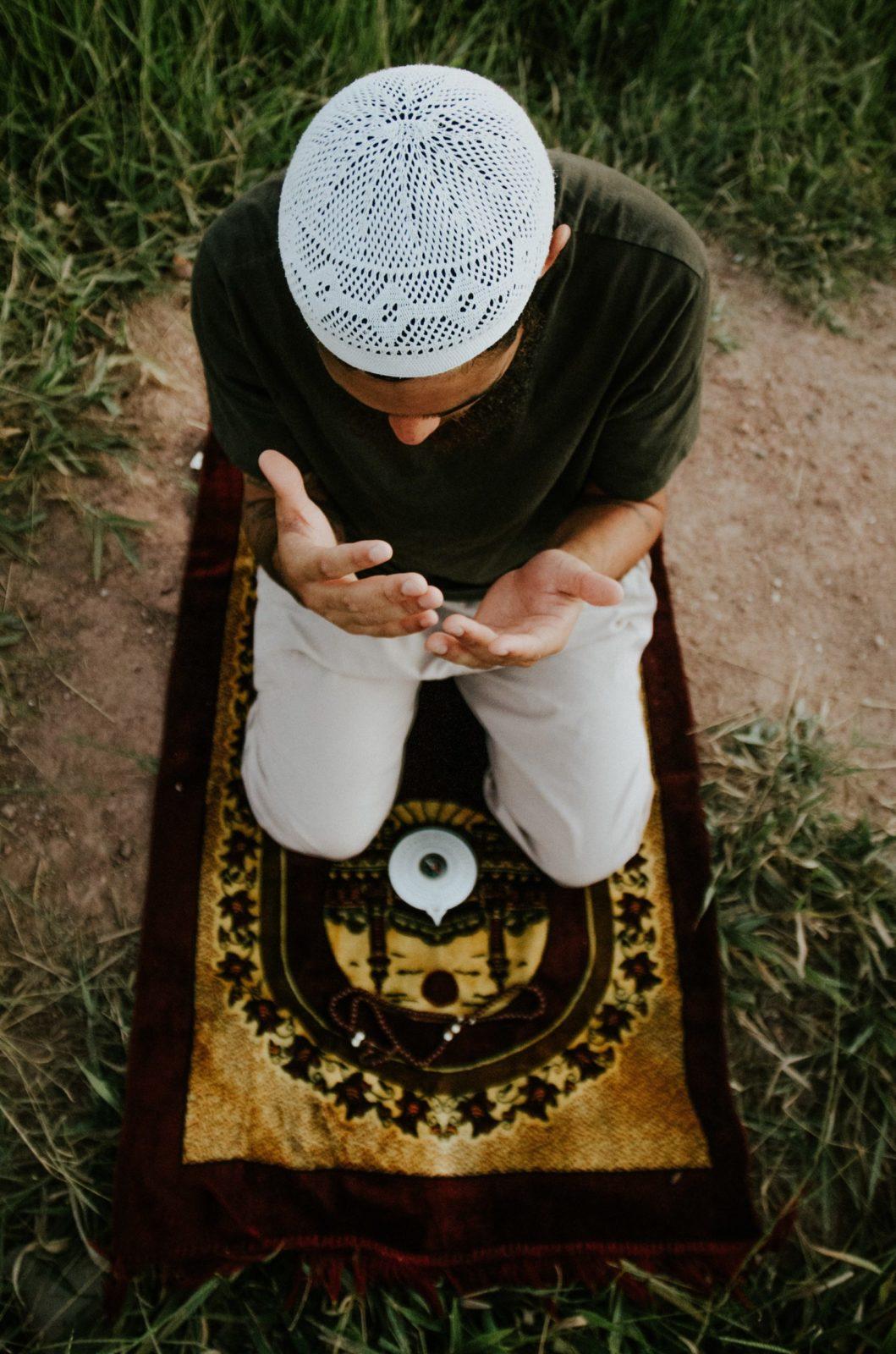
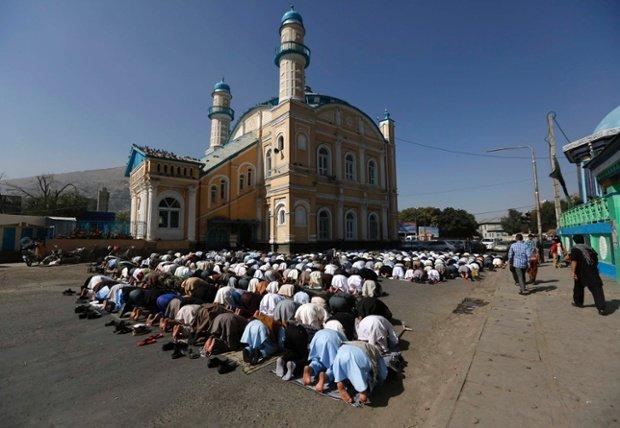
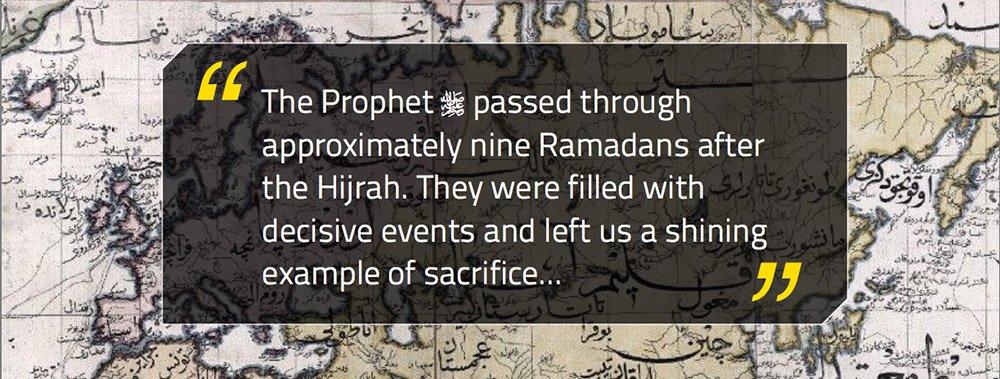
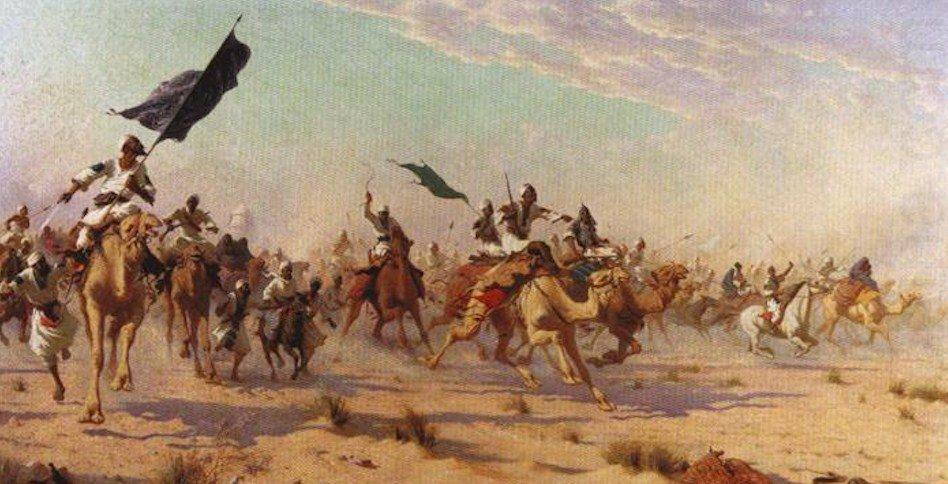

 Dr. Bilal Philips
Dr. Bilal Philips